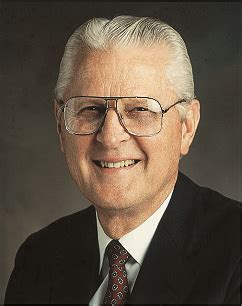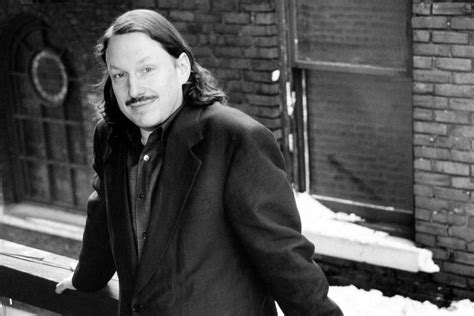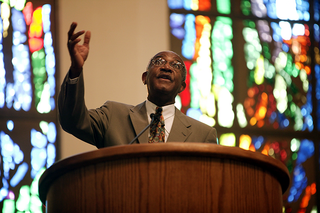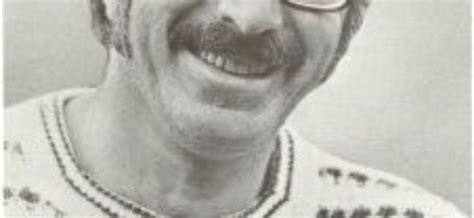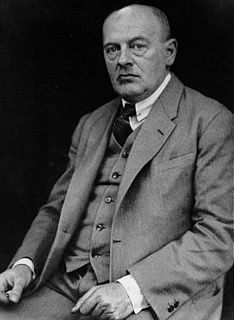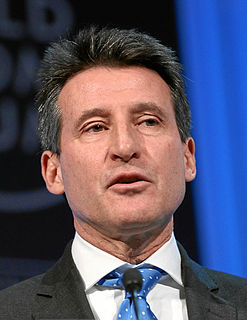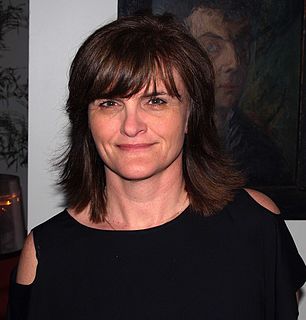Top 1200 Criticism Of Others Quotes & Sayings - Page 3
Explore popular Criticism Of Others quotes.
Last updated on April 16, 2025.
The true Enlightenment thinker, the true rationalist, never wants to talk anyone into anything. No, he does not even want to convince; all the time he is aware that he may be wrong. Above all, he values the intellectual independence of others too highly to want to convince them in important matters. He would much rather invite contradiction, preferably in the form of rational and disciplined criticism. He seeks not to convince but to arouse - to challenge others to form free opinions.
Common criticism of the Internet is that it is dominated by the crude, the uninformed, the immature, the smug, the untalented, the repetitious, the pathetic, the hostile, the deluded, the sefl-righteous, and the shrill. This criticism overlooks the fact that the Internet also offers - for the savvy individual who knows where to look - the tasteless and borderline insane.
Much protective self-criticism stems from growing up around people who wouldn't or couldn't love you, and it's likely they still can't or won't. In general, however, the more you let go of the tedious delusion of your own unattractiveness, the easier it will be for others to connect with you, and the more accepted you'll feel.
It's the difference between someone who loves you more than anything in the world giving you criticism and getting it from some bitter stranger on the Internet. What my dad said to me was the kind of criticism where I was like, "Oh, my God, I'm on the wrong track." I'm so grateful to him for doing that. He was such a no-nonsense guy in that sense.
If the mystical lovers of the arts, who consider all criticism dissection and all dissection destruction of enjoyment, thought logically, an exclamation like "Goodness alive!" would be the best criticism of the most deserving work of art. There are critiques which say nothing but that, only they do so more extensively.
This fear of criticism displayed by the advocates of freedom of criticism cannot be attributed solely to craftiness. No, the majority of the Economists look with sincere resentment upon all theoretical controversies, factional disagreements, broad political questions, plans for organising revolutionaries, etc.
When I first prepared this particular talk... I realized that my usual approach is usually critical. That is, a lot of the things that I do, that most people do, are because they hate something somebody else has done, or they hate that something hasn't been done. And I realized that informed criticism has completely been done in by the web. Because the web has produced so much uninformed criticism. It's kind of a Gresham's Law-bad money drives the good money out of circulation. Bad criticism drives good criticism out of circulation. You just can't criticize anything.
We camouflage our true being before others to protect ourselves against criticism or rejection. This protection comes at a steep price... we are misunderstood. When we are misunderstood, especially by family and friends, we join the 'lonely crowd.' Worse... we tend to lose touch with our real selves.
Self-criticism is not "love," and it is certainly not indifferent. It's a form of hatred. And when I name that, when I see it for what it is (raw and uncomfortable and saddening), when I refuse to sugar-coat self criticism, judgment, agitation, and constantly trying to improve myself, then I'm one quantum leap closer to freedom.
Criticism will need an injection of humility that is, a recognition of its role as ancillary to the arts, needed only occasionally in a temporary capacity. Since the critic exists only for introducing and explaining, he must be readily intelligible; he has no special vocabulary: criticism is in no way a science or a system.
The visual is sorely undervalued in modern scholarship. Art history has attained only a fraction of the conceptual sophistication of literary criticism. Drunk with self-love, criticism has hugely overestimated the centrality of language to western culture. It has failed to see the electrifying sign language of images.
When I teach criticism, the first thing I say, and this sometimes pisses off younger - I mean, students, is that, opinions are the least part of criticism. We've all had the experience of going with a friend to a movie or a concert and you leave the theater and one of you loved it and one of you hated it, and that doesn't mean that one of you is an idiot. That's the way things work.



